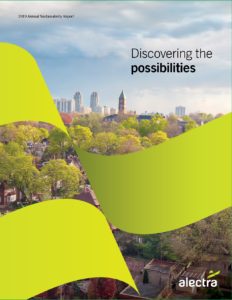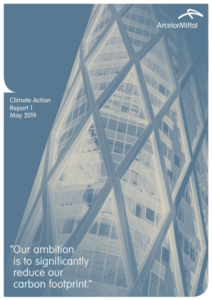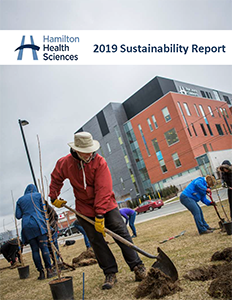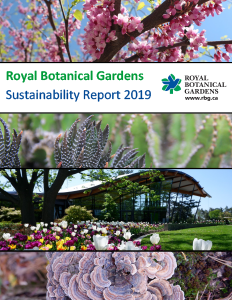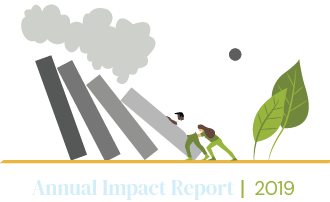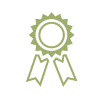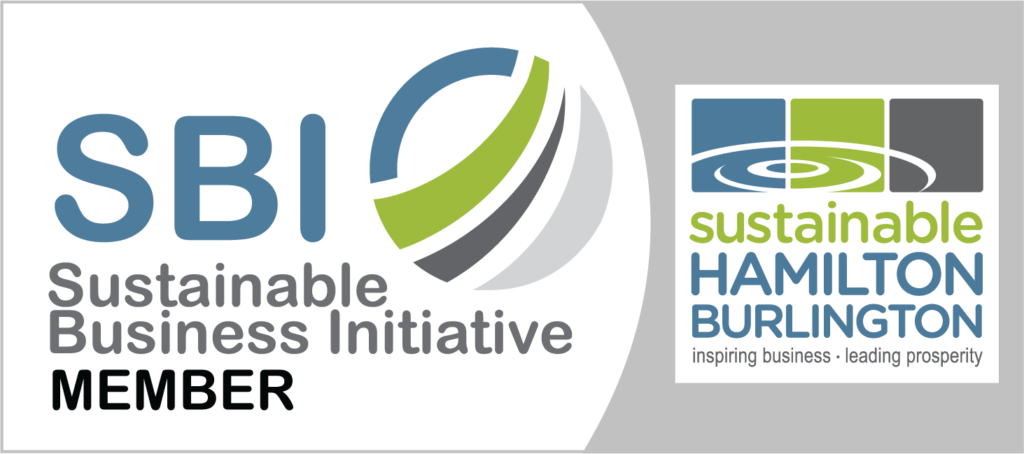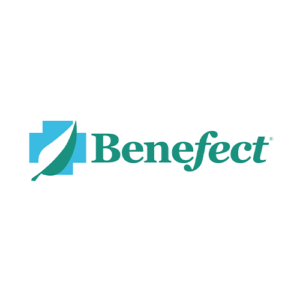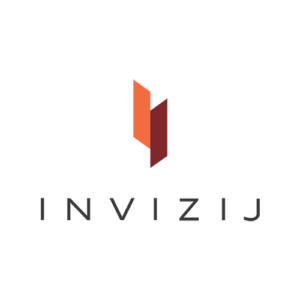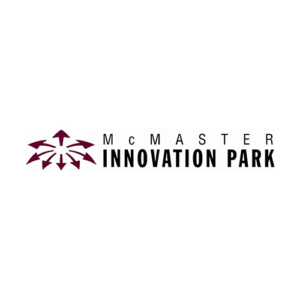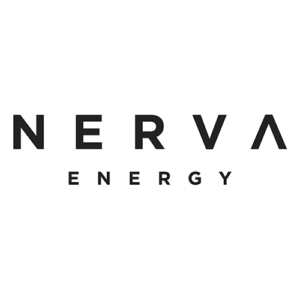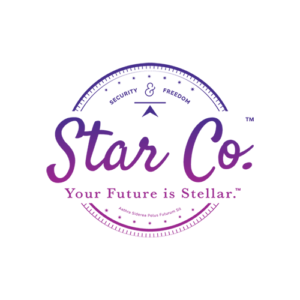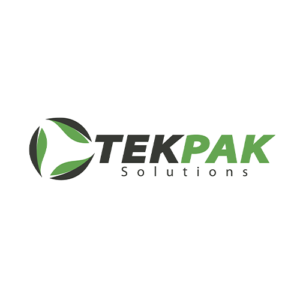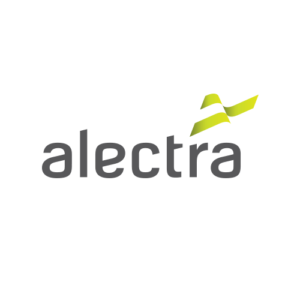
Overview
The Sustainable Business Initiative (SBI) was launched in its current form in 2016 to help forward-thinking business leaders who want to create a more positive future for their business and their community. The SBI is a catalyst for business action on reducing greenhouse gas emissions and creating a more sustainable, low-carbon Bay Area economy. The program consists of annual educational networking events, and a disciplined milestone process to set and achieve sustainability targets supported by toolkits and advisory services. The SBI then provides credible third-party recognition for its members’ verifiable achievements. Since 2016 we have assisted 45 business, government and other organizational members in setting and achieving sustainability targets. The SBI continues to enable positive changes in Hamilton and Burlington by supporting 31 members in 2019 to take action and inspire others with their achievements. In 2019 the number of members setting quantifiable sustainability targets increased by 69%!
SBI members have made considerable commitments towards improving their impacts on our communities. They have collectively reduced their greenhouse gas emissions (GHGs) in an amount equivalent to taking over 12,000 cars off the road for a year. They are improving productivity through employee engagement and remote working policies with our B Lab stream, and understanding the full impact of their operations and the importance of reporting on them by engaging with stakeholders through our Sustainability Reporting stream.

Table of Contents
Click here to meet the Real Stars of the Report – The Members reporting this year
Greenhouse Gases
Last year, we saw some incredible progress across Hamilton and Burlington with our members. Along with cities around the world, the City of Hamilton and City of Burlington declared climate emergencies, proving that now is the time to take action. With local governments committing to the global target of 50% reduction by 2030 and net zero by 2050, we have been inspired by the actions of our members over the course of the past year.
In 2019, our members have committed to reducing more than 56,000 tonnes of carbon dioxide equivalents (tCO2e), a 40% increase over the year before! But committing to reducing is just the start. Since the start of our program, our members have been able to reduce over 20,000 tCO2e, more than half of which was in 2019 alone!


Alectra
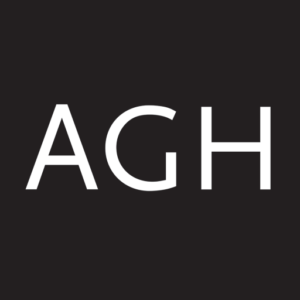
Art Gallery of Hamilton
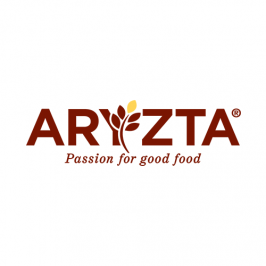
ARYZTA

Beatties
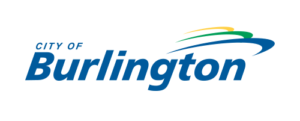
City of Burlington

City of Hamilton
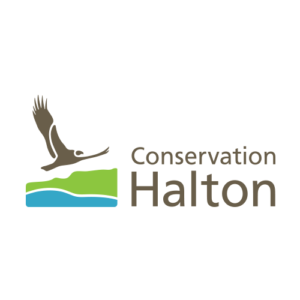
Conservation Halton
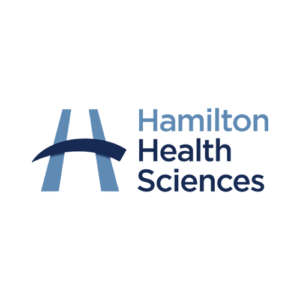
Hamilton Health Sciences
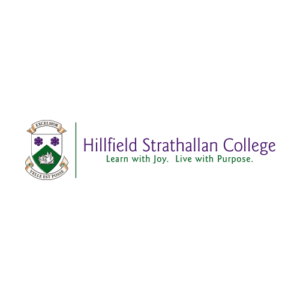
Hillfield Strathallan College

John C. Munro Hamilton International Airport
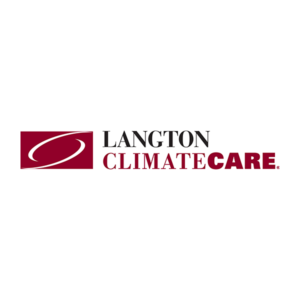
Langton ClimateCare

mcCallumSather

Mohawk College
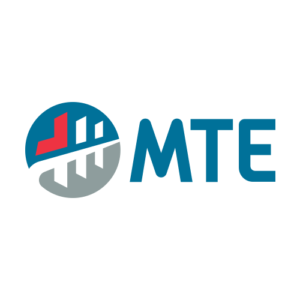
MTE Consultants
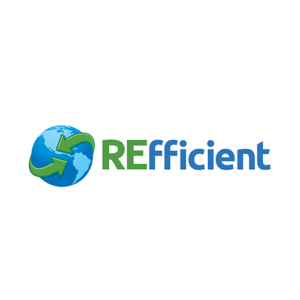
REfficient
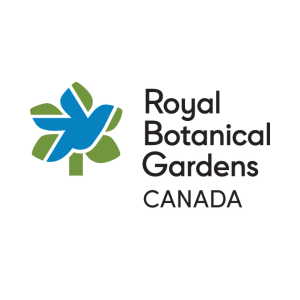
Royal Botanical Gardens
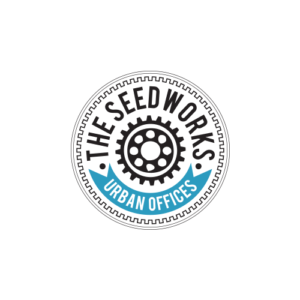
Seedworks Urban Offices

Spotted Properties
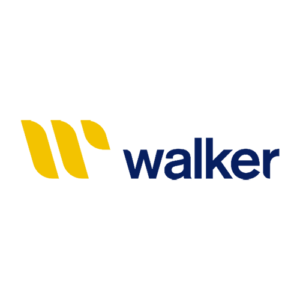
Walker Emulsions

WalterFedy

Wolseley
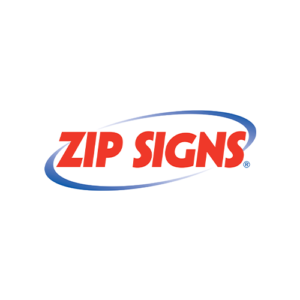
Zip Signs
B Lab
The B Impact Assessment is recognized as one of the most credible tools a company can use to measure its impact on its workers, community, environment, and customers. By achieving a threshold score, a company can apply to become B Corp Certified, indicating that it is measuring and making strides in improving its environmental, social and economic impacts.
As our B Lab members transitioned from version 5 of the B Impact Assessment to version 6, we anticipated decreases in scores as we had seen last year. This is due to the changes in questions and weighting in scores. However, in anticipating this, we worked with member closely to curb this change and achieved an average increase in scores of 11.1 for members moving to version 6. Over the past year, the average version 6 score is 72 with 3 new members taking the assessment, one of which is preparing to undertake the verification process to become B Corp Certified. The highlight of our B Lab members is our highest version 6 score of 128.3, up from a version 5 score of 115.2.

Sustainability Reporting
Sustainability reporting has become an important influencing factor in the public’s perception of a business. Also referred to as ESG or Environmental, Social and Governance reporting, financial analysts, investors, suppliers, employees and even customers are looking to a company’s sustainability report to better understand how a business is managing their impacts on social, economic and environmental levels. These reports provide valuable insights into the level of company risk management and overall performance. The Global Reporting Initiative (GRI) provides a globally-recognized framework for businesses to produce a sustainability report that presents information on the non-financial performance of a business, which can often be a leading indicator for a company’s long-term success.
In 2018, we led the development of tools for our Sustainability Reporting members to ease the transition from GRI G4 to GRI Standards, helping them to find the appropriate disclosures and structure for their reports using the newly developed, modular reporting structure, GRI Standards. Over the past year, we refined our toolkit further to educate and assist more members with exploring the advantages and opportunities of producing a sustainability report, including a dedicated workshop at our highly successful Sustainable Business Expo 2019 (SBX19).
We worked with new and current members to begin the process of creating a materiality assessment; helping them to understand from the perspective of various stakeholders what is important (material) to the success of the business so they can measure what matters. Our step-by-step approach and guided methodology have resulted in more members taking an interest in exploring what sustainability reporting can do for them. They are appreciating the power of sustainability reporting in telling their sustainability stories in a disciplined, credible way.
Alectra
The Annual Sustainability Report is created to provide details about Alectra’s social, environmental and economic impact. As a sustainable company, we are committed to meeting today’s needs and the needs of future generations by empowering our customers, communities and employees, protecting the environment, and embracing innovation. In 2019, management and the Board approved a 20 per cent greenhouse gas (GHG) reduction target by 2026. Sustainability is the the bedrock on which our company is built and is woven into our vision, mission, values, strategic plans, and corporate policies. We have created dedicated positions and operating budgets to ensure continued progress on our sustainability journey, and we track our performance using a balanced scorecard.
ArcelorMittal Dofasco
Our Annual Sustainable Development Reporting is a key part of our commitment to transparency and open dialogue with our stakeholders and is a complement to ArcelorMittal’s global Annual Review. Six years of performance data, which reflect all of our Canadian operations, are available on our Canadian hub. The data measures everything from our Health and Safety performance to how many hours of training employees receive on average, and the carbon intensity per tonne of steel and iron ore pellets to the amount of water discharge our sites produce.
Our performance is measured against our 10 Sustainable Development outcomes. These outcomes define the kind of company we want to be and year over year we are creating value as we progress against these outcomes. Our Sustainable Development framework also helps us secure the commercial success of our business in the medium term, while contributing to solving the world’s sustainable development challenges in the long term.
Hamilton Health Sciences
Sustainability reporting at Hamilton Health Sciences is supported by our leadership and a diverse team representing environmental and human resource departments. This is the third year that we have produced a sustainability report; as such our processes to collect and present large amounts of information across the organizational portfolio have become well established, and our teams better understand how their roles contribute to our overall sustainability profile.
Since we started reporting on our material topics in 2017 we have been able to better measure the impact of new initiatives on our overall performance, and to measure how our performance has fared through external pressures such as changes in regulations, markets, and even the weather. Our 2019 report shines a light on various social and environmental initiatives that we are very proud of, which demonstrate the inclusive, purposeful and sustainable corporate culture at Hamilton Health Sciences. Some of the great initiatives we discuss in our 2019 report include:
- Mental health in the workplace training (The Working Mind)
- Trans-inclusive care and service program
- Indigenous care and service program
- Behaviour safety risk communication and care plan
- Ethics grand rounds
- Annual tree planting and community gardens
- Active transit and carpooling incentives
- Energy conservation
- Waste diversion and preventio
Royal Botanical Gardens
At RBG we are currently undertaking a 25-year master planning process. This will provide the roadmap to ensure future generations will connect with plant-life in a unique environment, fostering awareness and care for a world that is under increasing ecological threat. Upon the release of the Master Plan we will look to incorporate what we’ve learned into our reporting mechanisms, but for now we have kept a similar approach to our 2018 Sustainability Report. The primary areas of focus for this report are our greenhouse gas emissions and energy use, our water consumption, and our waste diversion & generation. Also included are performance indicators across the environmental, social and governance sectors of RBG based on the guidance of the Public Garden Sustainability Index, provided by the American Public Gardens Association.
